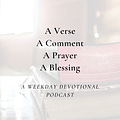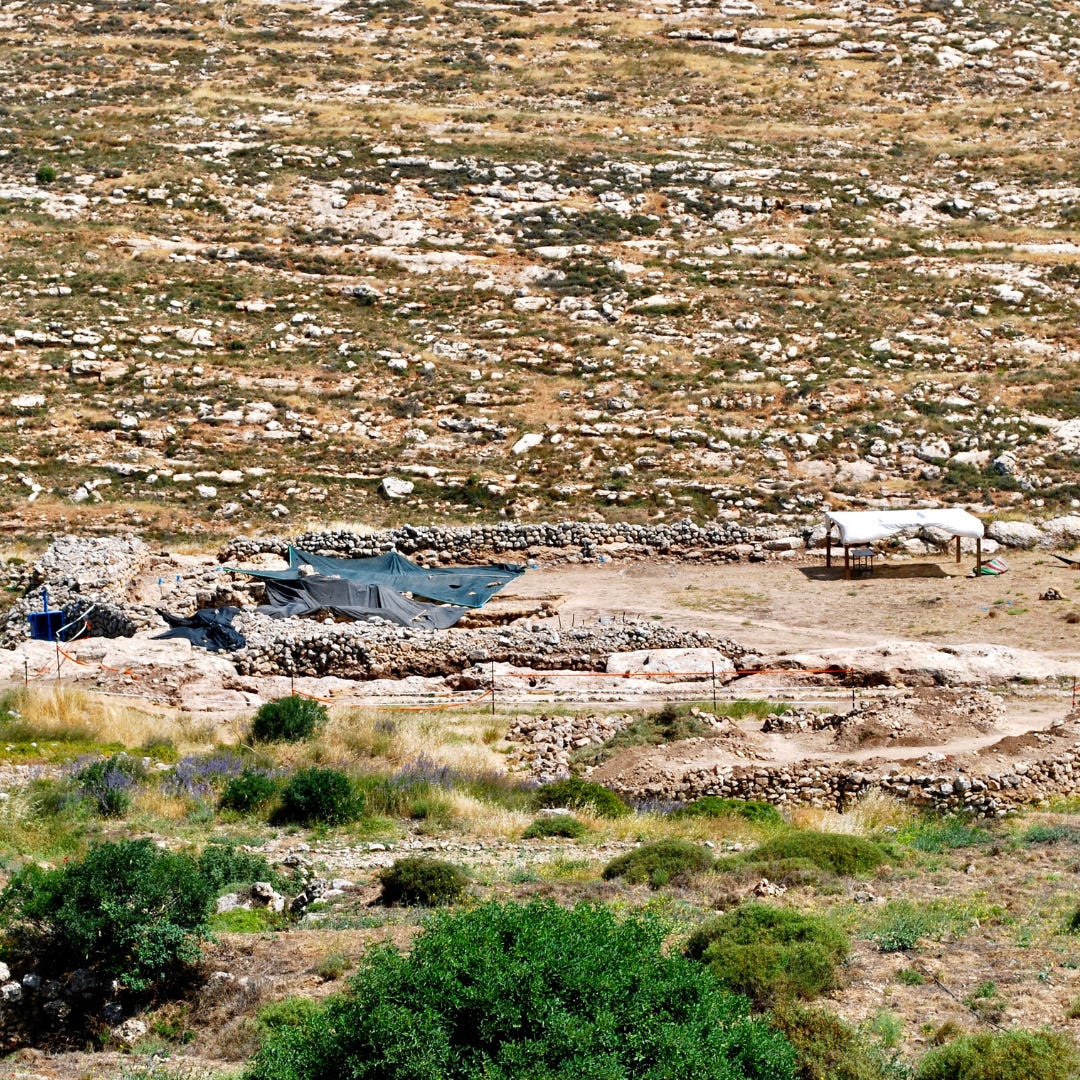A Verse
1 Samuel 1:1-8
There was a certain man from Ramathaim, a Zuphite from the hill country of Ephraim, whose name was Elkanah son of Jeroham, the son of Elihu, the son of Tohu, the son of Zuph, an Ephraimite. He had two wives; one was called Hannah and the other Peninnah. Peninnah had children, but Hannah had none.
Year after year this man went up from his town to worship and sacrifice to the LORD Almighty at Shiloh, where Hophni and Phinehas, the two sons of Eli, were priests of the LORD. Whenever the day came for Elkanah to sacrifice, he would give portions of the meat to his wife Peninnah and to all her sons and daughters. But to Hannah he gave a double portion because he loved her, and the LORD had closed her womb. Because the LORD had closed Hannah’s womb, her rival kept provoking her in order to irritate her. This went on year after year. Whenever Hannah went up to the house of the LORD, her rival provoked her till she wept and would not eat. Her husband Elkanah would say to her, “Hannah, why are you weeping? Why don’t you eat? Why are you downhearted? Don’t I mean more to you than ten sons?”
A Comment
The first 8 verses of the book of 1 Samuel set the scene for the story that will shortly unfold. A man named Elkanah is introduced to us. We learn that Elkanah had two wives: Hannah and Peninnah. Hannah, likely Elkanah’s first wife, was barren, which means, she did have any children. While it was not uncommon for a wealthy, “well-to-do-man” to have more than one wife, it is also possible that Elkanah took another wife, Peninnah, because Hannah was unable to provide him with an heir.
OT scholar, David Tsumura notes, “In the ancient Near East, having an heir was very important, for lacking an heir meant the end of one’s ‘house.’”1 Yet is does not appear that Elkanah despised his wife, Hannah. We are told that he “loved” her and would give her a double portion of the sacrificial meat from his annual trip to Shiloh.
But while Elkanah might have been loving toward Hannah, the other wife, Penninah, was not. Our passage describes Penninah as Hannah’s rival, often provoking her on account of her barrenness. Yet, the passage also reveals that it was “the LORD who closed Hannah’s womb.” In other words, this scene differs from the story of Sarah and Abraham’s childlessness in Genesis. With Sarah and Abraham’s story, they were considered too old to have a child. Hannah, however, was able (as far as her age was concerned) to have a child but she did not have a child. And the writer of 1 Samuel wants us to know that it was because “the LORD” had closed her womb.
Elkanah’s response to Hannah’s despair is “out of touch with the depth of tensions in his own household and is imperceptive of Hannah’s feelings.”2 Elkanah attempts to bless Hannah with a double portion of food and to draw her attention back to how blessed she is to have him as her husband. I don’t think that we should impute ill-will to Elkanah’s attempts to cheer his wife, but it is obvious that she is not consoled by his efforts.
There is much that we can learn from this initial story in the book of 1 Samuel. As we will see later, Hannah’s situation will be reversed by God’s intervention. Yet, Hannah was not privy to God’s plan for her or her future son. Anyone who reads this story can see that Hannah was emotionally depressed due to her circumstances. Furthermore, many of us likely know what it is like to receive attempts at comfort from others, just as Hannah did from Elkanah. Hannah’s redemption, however, would not come from Elkanah, but from the Lord who would hear and answer her prayers for a child.
As we reflect on this passage, I would encourage us to recognize that while we do not always understand what God is doing in and through our lives in any given moment, He is always at work. The LORD can be trusted with our sorrows, even when we do not know how or when or if He will relieve them according to our wills and timelines.
As we move into a time of prayer, I would ask that you entrust your sorrows, your circumstances, and your unmet expectations to the LORD. Let us not judge the goodness of God by any one given moment in our lives. While weeping might last for the night, joy comes in the morning (Ps. 30:5).
A Prayer
Would you pray with me?
A Blessing
May the God of hope fill you with all joy and peace in believing, so that by the power of the Holy Spirit you may abound in hope.
David Tsumura, 1 Samuel (NICOT), pg. 108.
John Mackay, 1 Samuel-2 Chronicles (ESVEC), pg. 41












Seeking God in our Sorrows (1 Samuel 1:1-8)